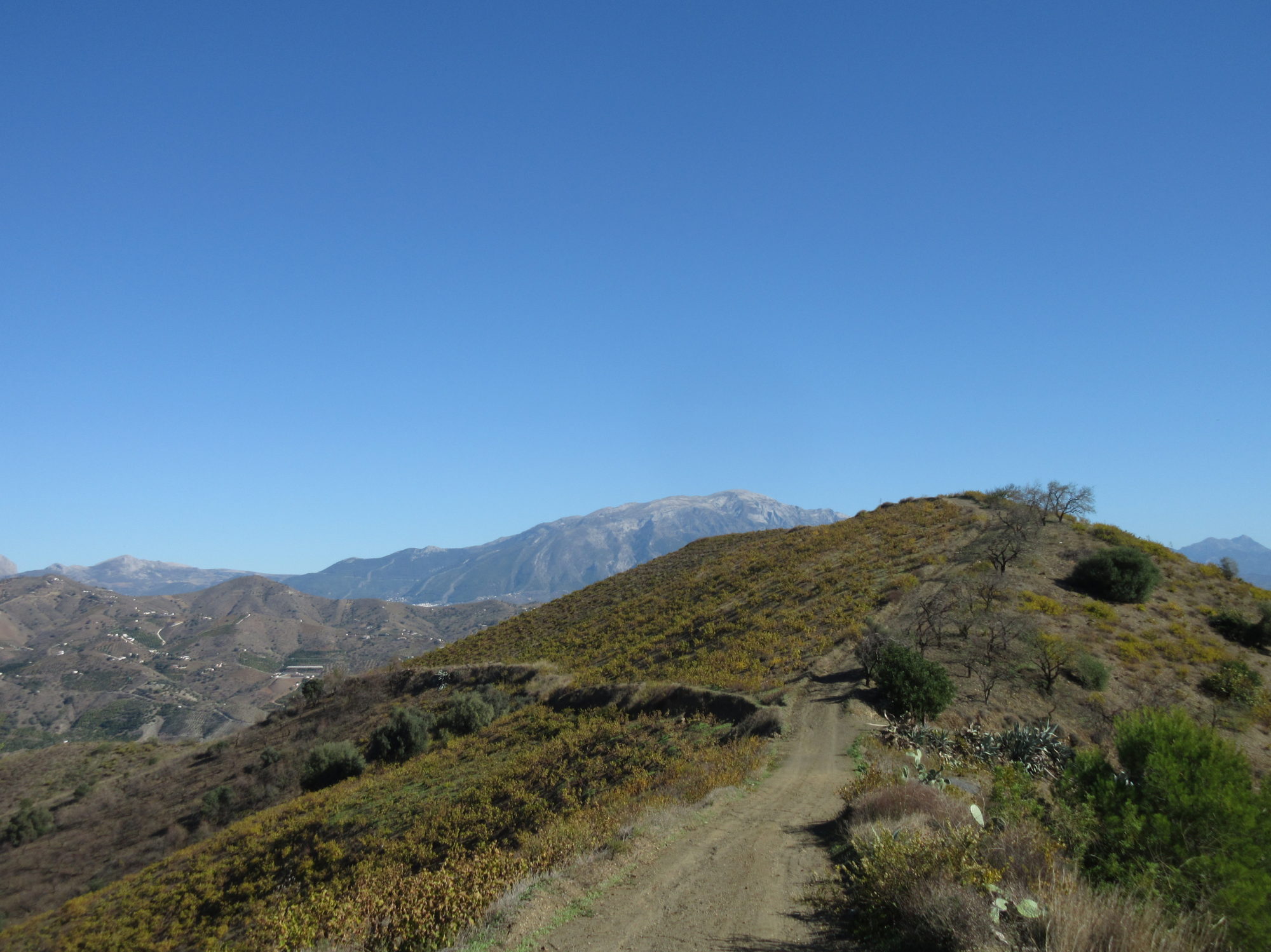Fordi vi i stigende grad er blevet en kommercielt styret konsensus-kultur, der har internaliseret en høj grad af afmægtig kynisme, har det taget mig lang tid at opdage, at der faktisk er en masse mennesker i gang med at tænke radikalt nye tanker om verden. Om forholdet mellem magt og miljø, mellem kapitalisme og teknologi, mellem natur og mentalt helbred osv.
I håb om at øge spredningen af visioner om andre mulige fremtider end den dystre, som den tekno-kapitalistiske elite ynder at beskrive i bestemt form som Udviklingen, vil jeg her samle henvisninger til nogle af de mange inspirerende tænkere, jeg løbende støder på i mit arbejde. Artikler, bøger, forfattere – og kortere eller længere sammendrag af deres bøger for at gøre det lidt lettere at navigere i end en nøgen litteratur liste.
Jeg håber du finder noget, du kan bruge. Og send mig en besked, hvis du finder noget, du tror jeg kunne bruge eller burde sætte på listen.
Arne Johan Vetlesen (2015) – “The Denial of Nature”
A study of the increasingly precarious relationship between humans and nature, this book seeks to go beyond work already contributed to the environmental movement. It does so by highlighting the importance of experiencing, rather than merely theorizing nature, while realizing that such experience is becoming increasingly rare, thus reinforcing the estrangement from nature that is a source of its ongoing human-caused destruction. In his original approach to environmental philosophy, the author argues for the reinstatement of nature’s value outside of its exploitative usefulness for human ends. Such a perspective emphasizes the extent to which the environmental problem is a concrete reality requiring urgent action, based on a multi-sensuous appreciation of humans’ dependence on nonhuman lifeforms.
Paul Shepard (1998) – “Nature and Madness”
Through much of history our relationship with the earth has been plagued by ambivalence–we not only enjoy and appreciate the forces and manifestations of nature, we seek to plunder, alter, and control them. Here Paul Shepard uncovers the cultural roots of our ecological crisis and proposes ways to repair broken bonds with the earth, our past, and nature. Ultimately encouraging, he notes, “There is a secret person undamaged in every individual. We have not lost, and cannot lose, the genuine impulse.”
James Bridle (2018) – “New Dark Age”
We live in times of increasing inscrutability. Our news feeds are filled with unverified, unverifiable speculation, much of it automatically generated by anonymous software. As a result, we no longer understand what is happening around us. Underlying all of these trends is a single idea: the belief that quantitative data can provide a coherent model of the world, and the efficacy of computable information to provide us with ways of acting within it. Yet the sheer volume of information available to us today reveals less than we hope. Rather, it heralds a new Dark Age: a world of ever-increasing incomprehension. In his brilliant new work, leading artist and writer James Bridle offers us a warning against the future in which the contemporary promise of a new technologically assisted Enlightenment may just deliver its opposite: an age of complex uncertainty, predictive algorithms, surveillance, and the hollowing out of empathy.
Essensen af Bridles pointer er samlet i denne artikel fra The Guardian: https://www.theguardian.com/books/2018/jun/15/rise-of-the-machines-has-technology-evolved-beyond-our-control-
People tend to think of capitalism in economic terms. Karl Marx argued that capitalism is a political and economic system that transforms the productivity of human labor into large profits and returns for those who own the means of production.1 Its proponents contend that capitalism is an economic system that promotes free markets and individual liberty.2 And opponents and advocates alike most often measure capitalism’s impact in terms of wealth and income, wages and prices, and supply and demand.
However, human economies are complex biophysical systems that interact with the wider natural world, and none can be fully examined apart from their underlying material conditions. By exploring some fundamental concepts in physics, we can develop a better understanding of how all economic systems work, including the ways that the energy-intensive activities of capitalism are changing humanity and the planet.
This article will explain how the fundamental features of both our natural and economic existence depend on the principles of thermodynamics, which studies the relationships between quantities such as energy, work, and heat.3 A firm grasp of how capitalism works at a physical level can help us understand why our next economic system should be more ecological, prioritizing long-run stability and compatibility with the global ecosphere that sustains humanity.
John Michael Greer: The Retro Future – Looking to the Past to Reinvent the Future (2017)
To most people paying attention to the collision between industrial society and the hard limits of a finite planet, it’s clear that things are going very, very wrong. We no longer have unlimited time and resources to deal with the crises that define our future, and the options are limited to the tools we have on hand right now. This book is about one very powerful option: deliberate technological regression. Technological regression isn’t about “going back” — it’s about using the past as a resource to meet the needs of the present. It starts from the recognition that older technologies generally use fewer resources and cost less than modern equivalents, and it embraces the heresy of technological choice — our ability to choose or refuse the technologies pushed by corporate interests.
